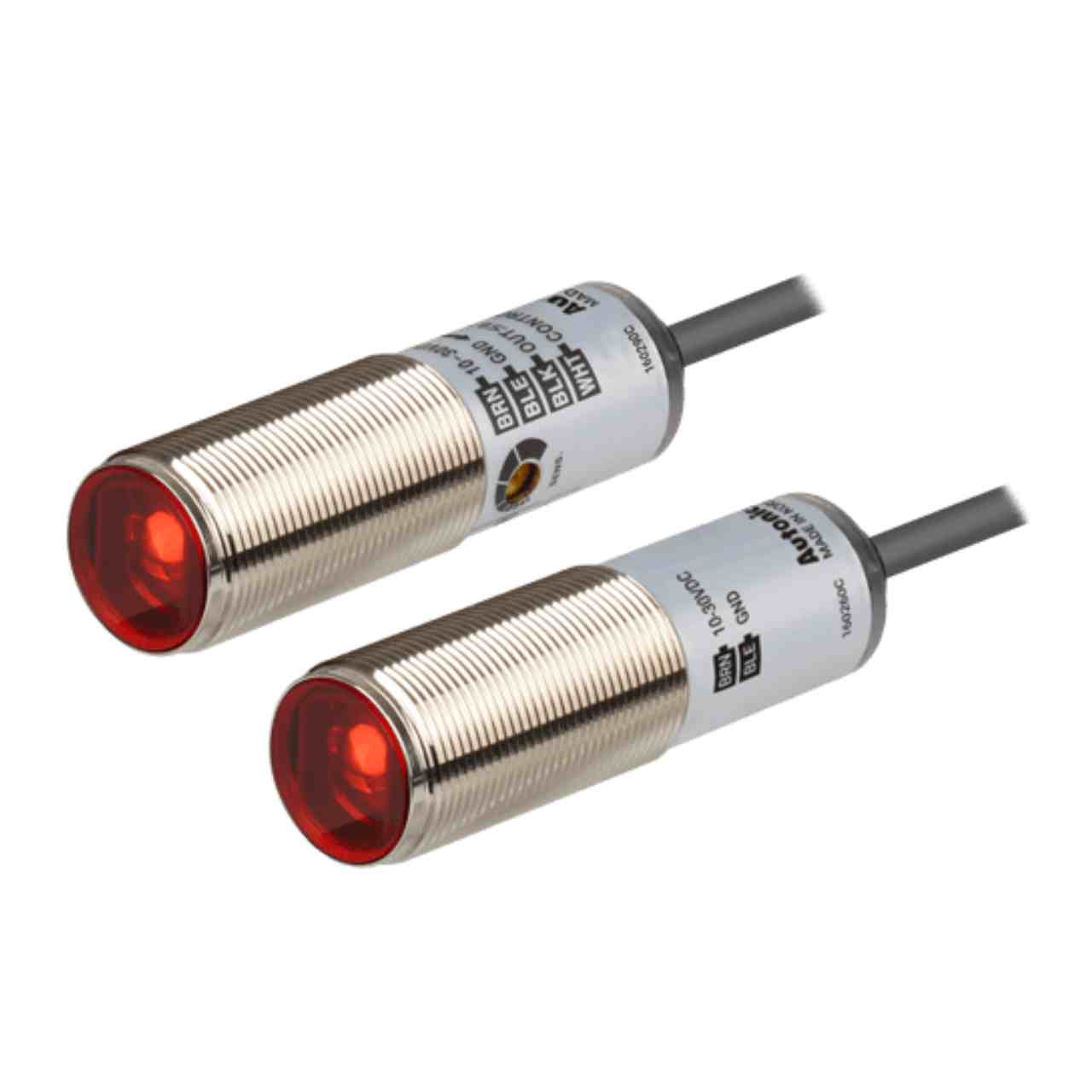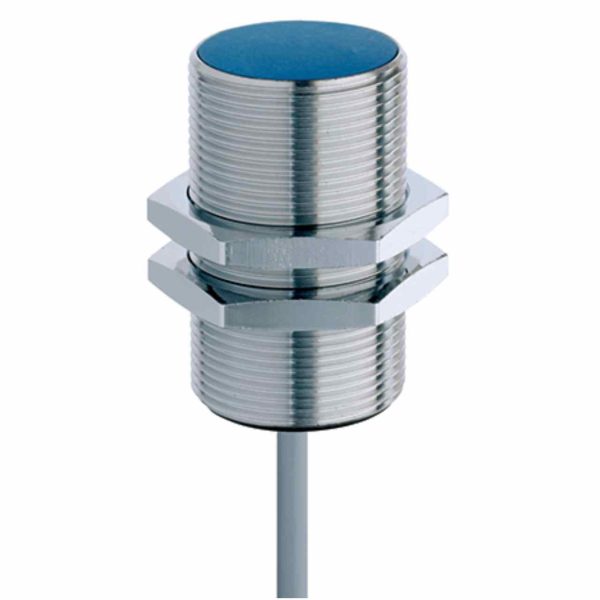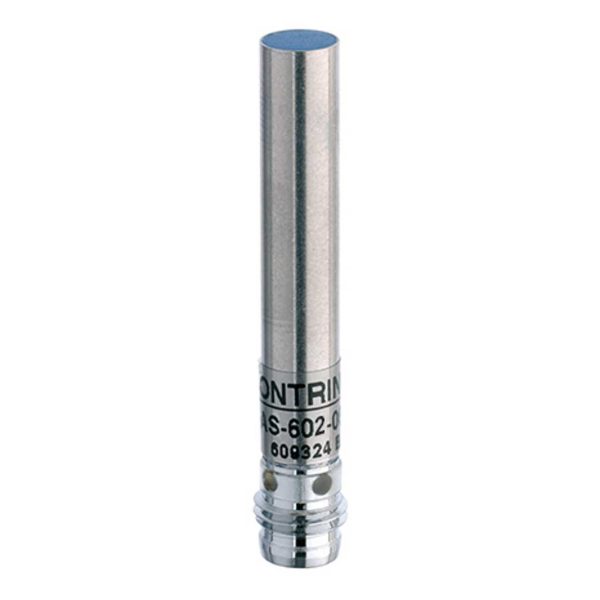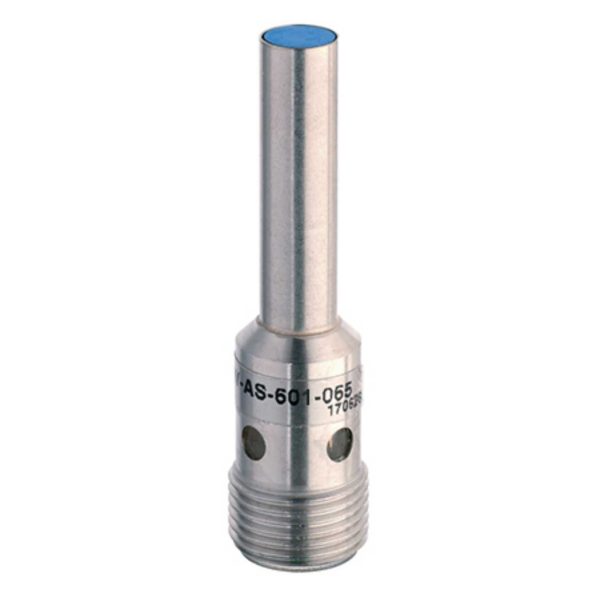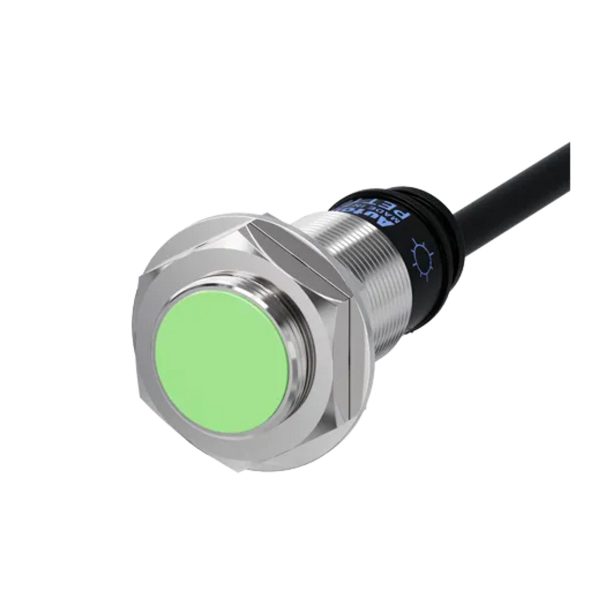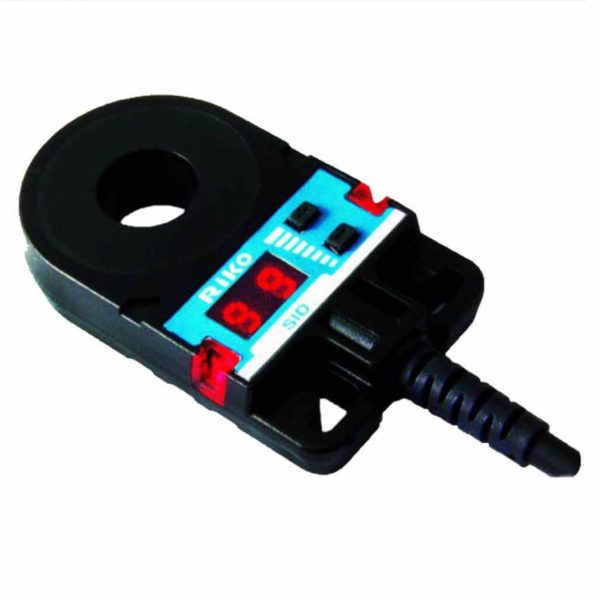Categories
DESCRIPTION
Autonics Cylindrical Photoelectric Sensor – BRQM20M-TDTA
NPN open collector, Cable type connection, Standard, Through-beam
The Autonics photoelectric sensor BRQM20M-TDTA is Through-beam sensing type, comes in a cylindrical shape, sensing distance of 20m, Response time of Max. 1ms and cylindrical installation. The standard cylindrical photo sensor can be used in diverse applications requiring non-contact detection of Opaque material.
As a quick report, this photoelectric sensor provides:
- Through-beam sensing type
- 20 m sensing distance
- Opaque material sensing target
- Red (660 nm) Light source
- 10-30 VDC ±10 % (ripple P-P: ≤ 10 %) power supply
- NPN open collector control output
- Light ON mode – Dark ON mode selectable (Control wire)
- IP67 ingress protection structure according to IEC standards
- Reverse power/output protection circuit, output short overcurrent protection circuit
- 1,000 VAC~ 50/60 Hz for 1 min Dielectric strength
Body
This Autonics photoelectric sensor’s case is made of brass, Ni-plate, its Lens, Lens cover are made of polymethyl methacrylate acrylic.
The BRQM20M-TDTA features IP67 ingress protection.
Connection
The Autonics sensor BRQM20M-TDTA features standard cable type connection. This cable covers the sensor’s 4 wires. It is Ø4mm in diameter and 2 meters in length.
Sensing specifications
The sensing target for this photoelectric sensor is Opaque material of min. Ø7mm. The maximum distance that this sensor can detect its standard sensing target is 20m. This so-called sensing distance differs from one sensing target to another, based on their material.
Control output
The BRQM20M-TDTA features NPN open collector control output.
Temperature
There are limitations in temperature and humidity in which BRQM20M-TDTA photoelectric sensor is used:
- Storage temperature: -30 … 70°C
- Storage humidity: 35 to 85%RH
- Ambient temperature: -25 … 60°C
- Ambient humidity: 35 to 85%RH
Environment resistance is rated at no freezing or condensation.
Still want to know more? Click here to find out about Autonics Photoelectric Sensors working principles.

